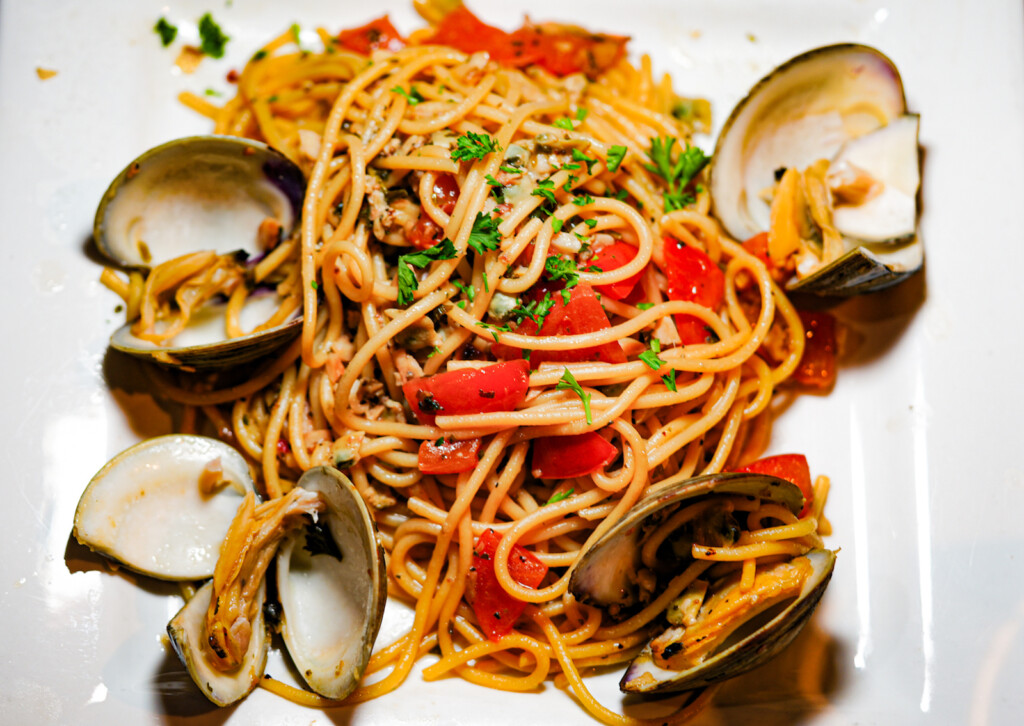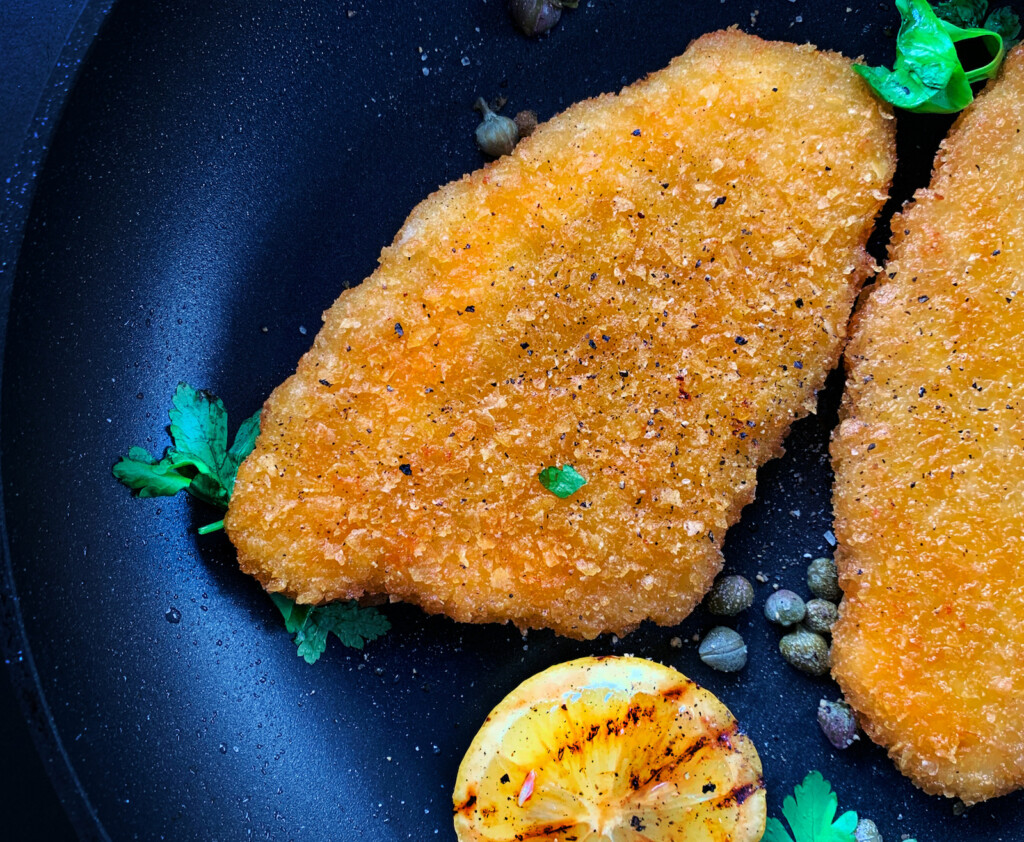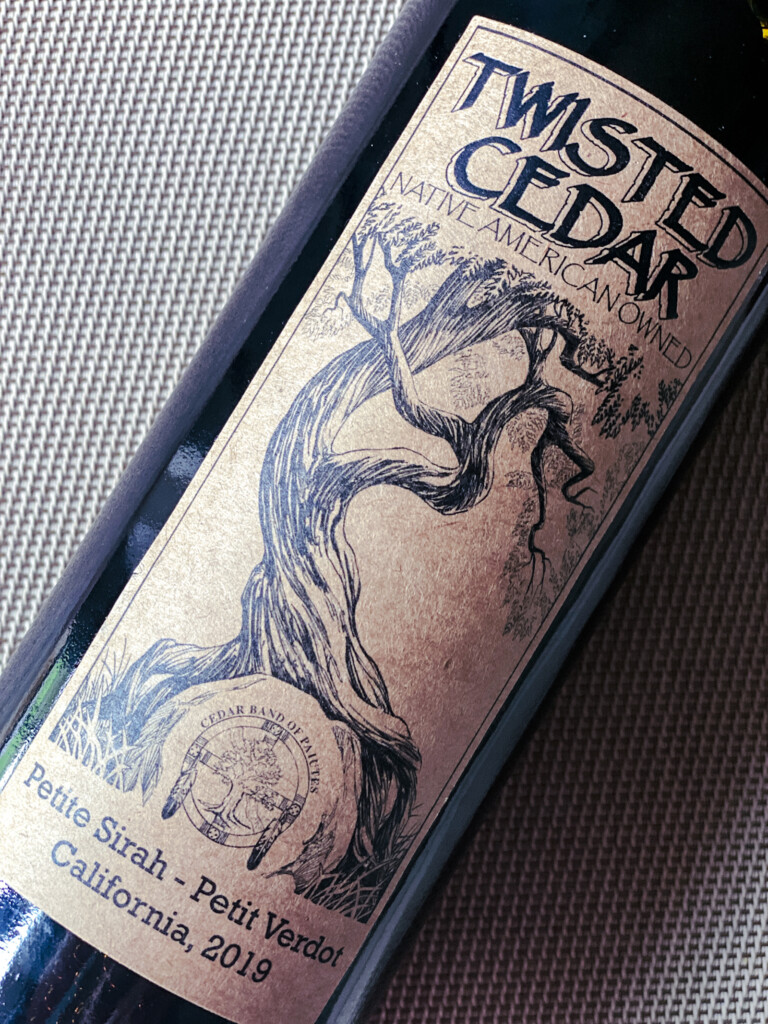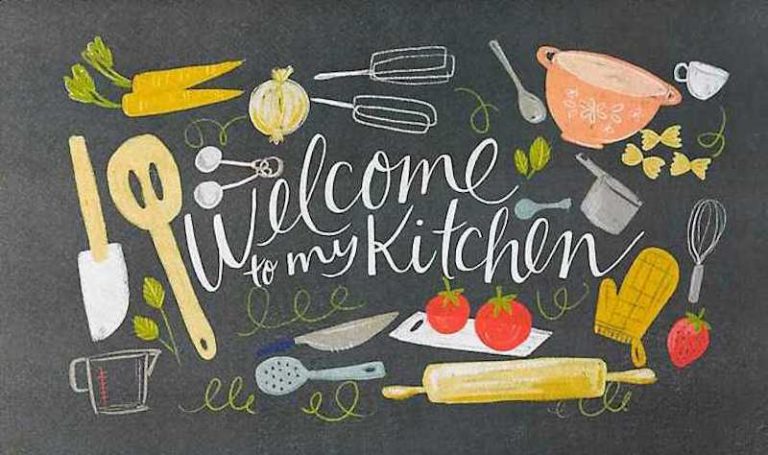
Thanks to the pandemic, many of us are spending an inordinate amount of time cooking and eating at home. And not surprisingly, we seem to be longing for foods that comfort us. I doubt if many are creating cuisine minceur dishes at home these days, opting instead for meatloaf, roast chicken, casseroles and such. Correspondingly, I find myself reaching for tried and true classics in my cookbook collection rather than the ones capturing the latest culinary trends. If I had to pare that collection down to just 10 cookbooks, these would be the all time keepers. Keep in mind that since most of these books have been around for years, there’s a good chance of finding them dirt cheap on Ebay and elsewhere.
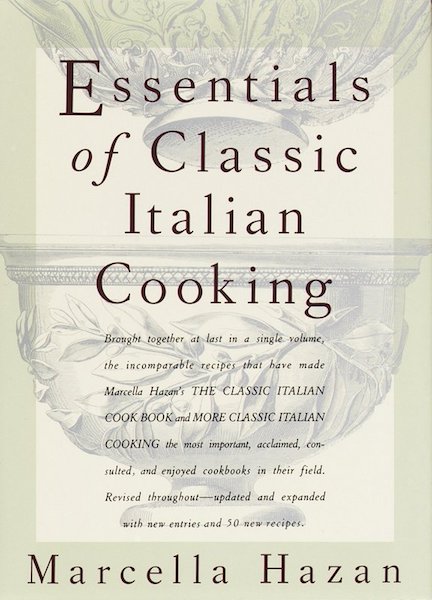
One of the most oil- and sauce-splattered cookbooks I own – indicative of how often I actually use it – is Essentials of Classic Italian Cooking by Marcella Hazan. Actually, this tome combines two Hazan cookbooks in one volume: The Classic Italian Cookbook and More Classic Italian Cooking. If Hazan’s excellent introduction to Italian cooking only contained the three recipes I’ve utilized dozens of times – aio e oio, basil pesto and her fabulous roasted chicken with lemons – it would have been worth the price. But there is so much more to explore, from rich and hearty Bolognese sauce and recipes for making pasta from scratch to risottos, antipasti, desserts and everything in between.
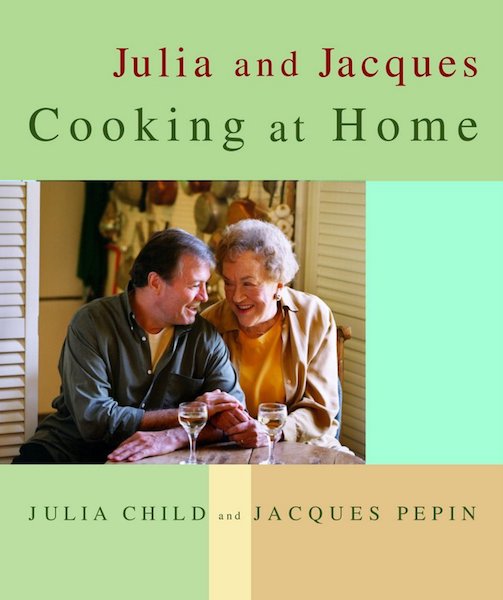
My copy of Julia and Jacques Cooking at Home is so bruised and battered that it’s barely hanging together. It’s a collection of favorite recipes by Julia Child and Jacques Pepin, the companion volume to the Public Television series of the same name. Not only is this cookbook packed with useful recipes, but the illustrative photographs are indispensable. For example, there are step-by-step photos for everything from how to carve a roasted chicken or for cutting up and dressing a whole salmon, to trimming and cooking artichokes and how to use a pastry bag. Accompanying each recipe are tips and tricks and kitchen equipment requirements as well as interesting and often funny essays. Lessons, recipes and techniques in this fine cookbook run from easy to pretty complex; all are well-tested and spot-on.
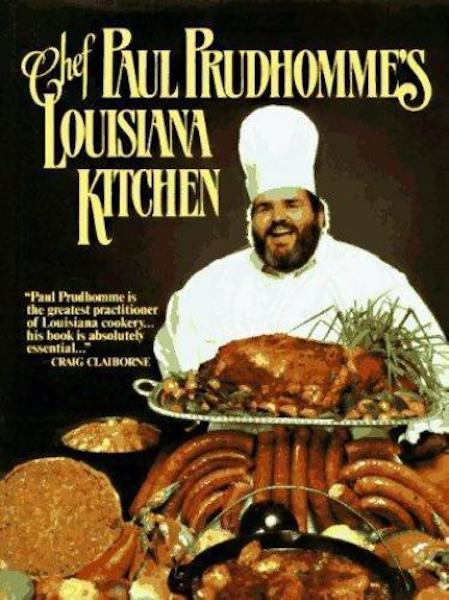
The late, great Craig Claiborne called the equally late, great chef Paul Prudhomme “the greatest practitioner of Louisiana cookery.” I agree, which is why I turn to Chef Paul Prudhomme’s Louisiana Kitchen whenever I’m in the mood for Cajun-Creole cooking. His well-photographed, step-by-step instructions for making roux, for example, is vital to making many of the tasty Southern dishes in the book. I’ve used Prudhomme’s seafood file gumbo recipe dozens of times, as well as his recipes for jambalaya, “sticky” chicken, hushpuppies, blackened redfish, dirty rice, and many others. This is a cookbook brimming with bold flavors.
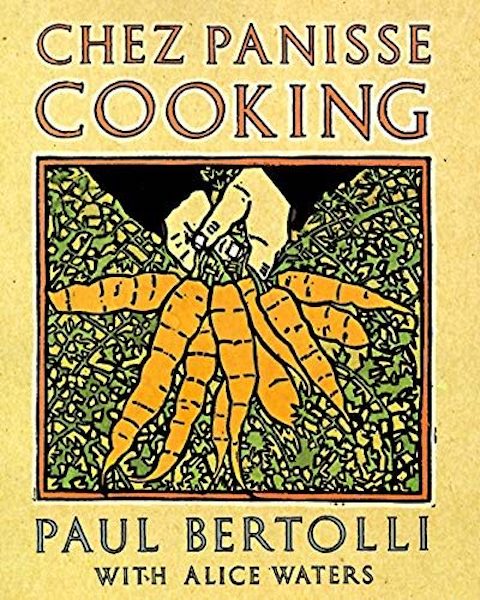
It’s not surprising that one of my favorite cookbooks would have its origins at one of my favorite American restaurants. Chez Panisse Cooking by Paul Bertolli with restaurateur Alice Waters is a celebration of fresh foods and flavors and a cookbook that will make you want to “get in the kitchen,” as M.F.K. Fisher said about it. Without this outstanding book I would have never learned to make what has become one of my go-to dishes: ravioli of chicken, pancetta and browned garlic with rosemary oil. Recipes run the gamut from super simple “potatoes cooked in the coals” and instructions for making sauerkraut at home to more complex adventures such as lambs tongues with herb sauce or roast loin of cured pork with wild mushrooms. One guarantee: every dish you’ll cook from Chez Panisse Cooking will be memorable.
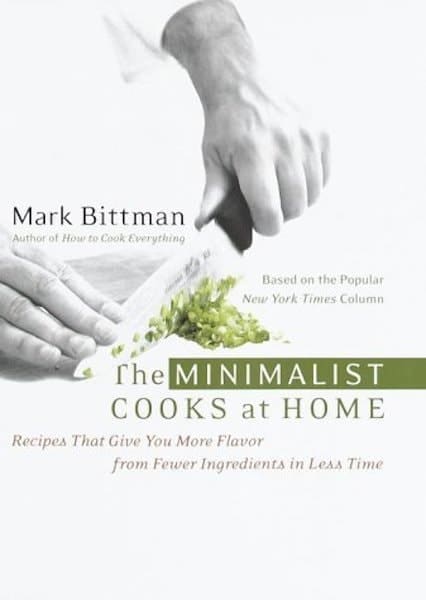
A great book for beginner cooks as well as those with experience is Mark Bittman’s The Minimalist Cooks at Home. Based on Bittman’s long-running New York Times column called “The Minimalist,” this useful, no-nonsense cookbook teaches home cooks how to create dishes and meals from a few choice ingredients using simple techniques and shortcuts, as well as suggestions for spin-offs of the main dishes. Recipes for normally complicated dishes like paella, choucroute garnie, cider-poached monkfish and boiled, grilled or broiled lobster are – as Jamie Oliver likes to say – “easy peasy.”
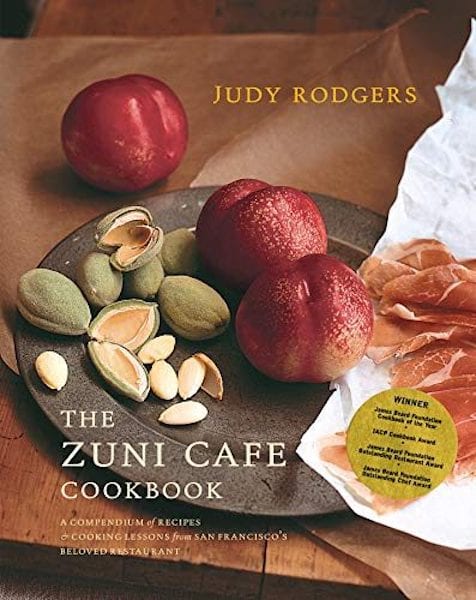
Another of my favorite American restaurants is San Francisco’s Zuni Cafe. And, Judy Rodgers’ The Zuni Cafe Cookbook is a labor of love from the late, gone-to-soon chef and restaurateur. Those familiar with Zuni Cafe know how beloved was her famous roast chicken with bread salad, and that recipe appears here along with other Zuni classics. I’d buy this cookbook for the excellent first chapter alone: “What to Think About Before You Start, & While You Are Cooking.” Kitchen techniques and fresh, market-driven ingredients were key to Rodgers’ cooking. Her oft-repeated mantra was “Stop, think, there must be a harder way.” So The Zuni Cafe Cookbook might not be for everyone – her roast chicken, for example, is executed over a three-day period. But for those up for a challenge, few cookbooks reach for the stars like this one.

When I lived in New York City, it was damn near impossible to find authentic Mexican food in restaurants. So, I depended on Chicago chef/restaurateur Rick Bayless for my fixes of Mexican cuisine. In particular, I cooked dozens of dishes from Authentic Mexican: Regional Cooking from the Heart of Mexico by Bayless and his wife, Deann Groen Bayless. Dishes ranging from classic guacamole and red chile-based salsas to Sinaloa-style grilled chicken, chile Colorado, tacos al carbon, and huevos rancheros have become staples of the Scheffler cocina thanks to Bayless’ timeless cookbook.

Do I really need to mention Joy of Cooking? Well of course I do. This compendium of cooking – which has been continuously in print since 1936 – has taught generations how to cook. Originally written by Irma S. Rombauer, a homemaker, Joy of Cooking has sold more than 20 million copies. The completely revised and updated 2019 edition of Joy of Cooking includes more than 600 new recipes in addition to thousands of classics which have been tweaked for modern times. But don’t worry, Joy is still a family affair. The revision was handled by Rombauer’s grandson and his wife. There are new dishes along with old ones, as well as the inclusion of contemporary ingredients and techniques. So, you’ll now find things like tofu, za’atar and quinoa in Joy of Cooking right next to not-so-modern cream of mushroom soup and Rombauer’s infamous fruit cake Cockaigne. This book truly is a joy.
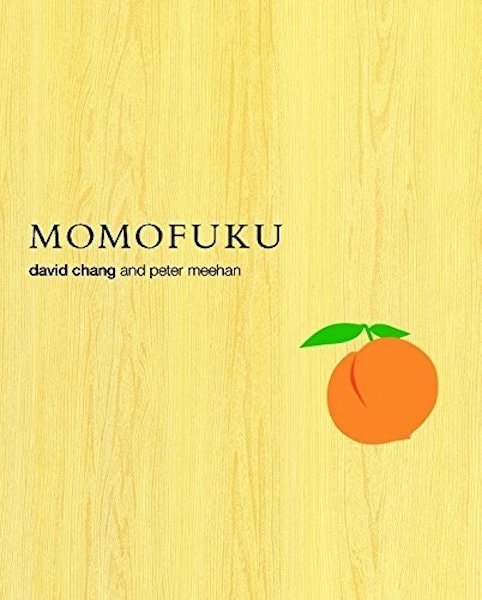
Momofuku by David Chang and Peter Meehan is about as far from Joy of Cooking as you can get. For starters, this is a book aimed at pretty experienced cooks. Although it was published in 2009, it’s a thoroughly modern cookbook with recipes for dishes that, since Momofuku was published, have become common in restaurants and households alike. Ramen comes to mind. And there are lots of noodle recipes in Momofuku, but also recipes for Momofuku restaurant’s popular steamed pork buns, lettuce-wrapped pork, dashi-braised daikon, chicken ballotine and others. And of course, David Chang’s wit and no-nonsense manner of communicating makes Momofuku an interesting and engaging read, as well as a useful kitchen tool.

Based on his column in the New York Times called “The 60-Minute Gourmet,” Pierre Franey’s 60-Minute Gourmet cookbook is a true classic. Franey – an accomplished French chef – began writing his weekly NYT column in 1976 and published the 60-Minute Gourmet in 1979. This cookbook – which is still in print – is jammed with recipes and dishes, mostly of French derivation. (Each recipe is listed in English and French.) So, Fricassee of Chicken with Tarragon is also Fricassée de Poulet à l’Estragon and Poached Striped Bass is Bar Rayé Poché. I can’t tell you how many times I’ve cooked Franey’s simple but sensational shrimp saute with Pernod or his straightforward, traditional Steak au Poivre. Timeless dishes like these will always be welcome at my table.
Culinary quote of the week:
“Old cookbooks connect you to your past and explain the history of the world.” — Jose Andres
FOR MORE RESTAURANT REVIEWS GO HERE.
THIS CONTENT IS FROM UTAH BITES NEWSLETTER.
CLICK HERE AND RECEIVE WEEKLY RESTAURANT REVIEWS, TED’S FAVORITE RECIPE, AND DRINK OF THE WEEK.
 Originally trained as an anthropologist, Ted Scheffler is a seasoned food, wine & travel writer based in Utah. He loves cooking, skiing, and spends an inordinate amount of time tending to his ever-growing herd of guitars and amplifiers.
Originally trained as an anthropologist, Ted Scheffler is a seasoned food, wine & travel writer based in Utah. He loves cooking, skiing, and spends an inordinate amount of time tending to his ever-growing herd of guitars and amplifiers.
SUPPORT OUR SPONSORS: click on their logos to visit their website
[envira-gallery slug=”food-logos”]


